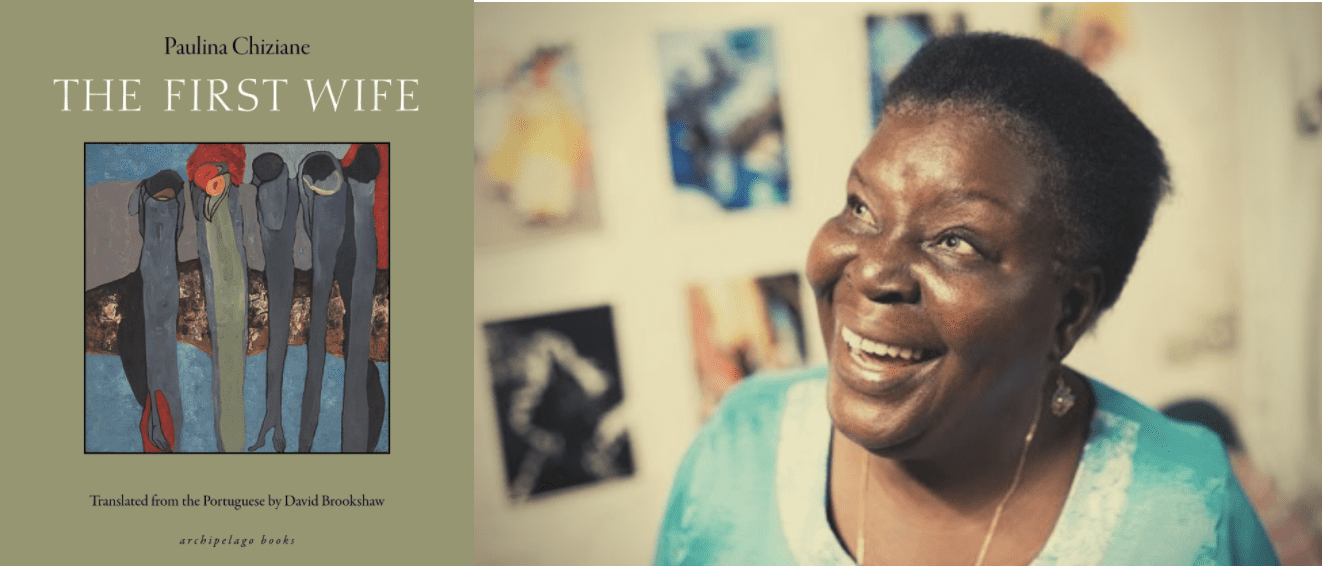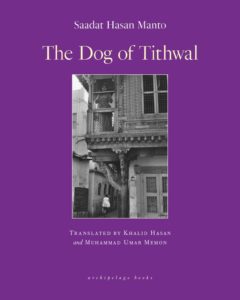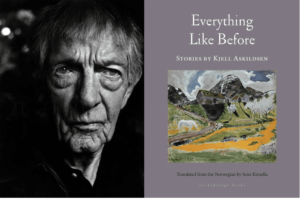
We’re delighted to share that groundbreaking Mozambican writer, Paulina Chiziane, has won this year’s Camões Prize. The Portuguese Culture Minister, Graça Fonseca, announced that “the jury unanimously decided to award the prize to Mozambican writer Paulina Chiziane, highlighting her vast production and critical reception, as well as the academic and institutional recognition of her work.”
The Camões Prize for literature in Portuguese was established by Portugal and Brazil with the purpose of distinguishing an author “whose work contributes to the projection and recognition of the literary and cultural heritage of the common language.” Chiziane is the first African woman to win the Camões prize.
Paulina Chiziane was born in 1955 in an area of Mozambique in which communication with the white colonizers was forbidden. In her mid-twenties she devoted herself to writing and became the first Mozambican woman with a published novel. When handed this title, however, she says she is not a novelist; “I am a storyteller . . . take my inspiration from tales around the campfire, my first art school.” Her works explore themes of race, polygamy, colonization, and cultural change in her country.
In 2016, Archipelago published Chiziane’s The First Wife, translated into English by David Brookshaw. For the London Review of Books, Sheila Heti wrote, ” . . . the people who will change Chiziane’s country (or any country) need love stories like The First Wife, which admit that no new freedoms are gained without seemingly pointless suffering . . . Chiziane’s prose alternates between a dramatic, high-octave style . . . and a terse and humorous frankness. She cites the Portuguese poet Florbela Espanca as her most important influence, and there is something similar in the way both writers are able to express the peaks of emotion, while never forgetting the part of the self which evaluates oneself.”
Read more about Paulina Chiziane and the Camões Prize here.




